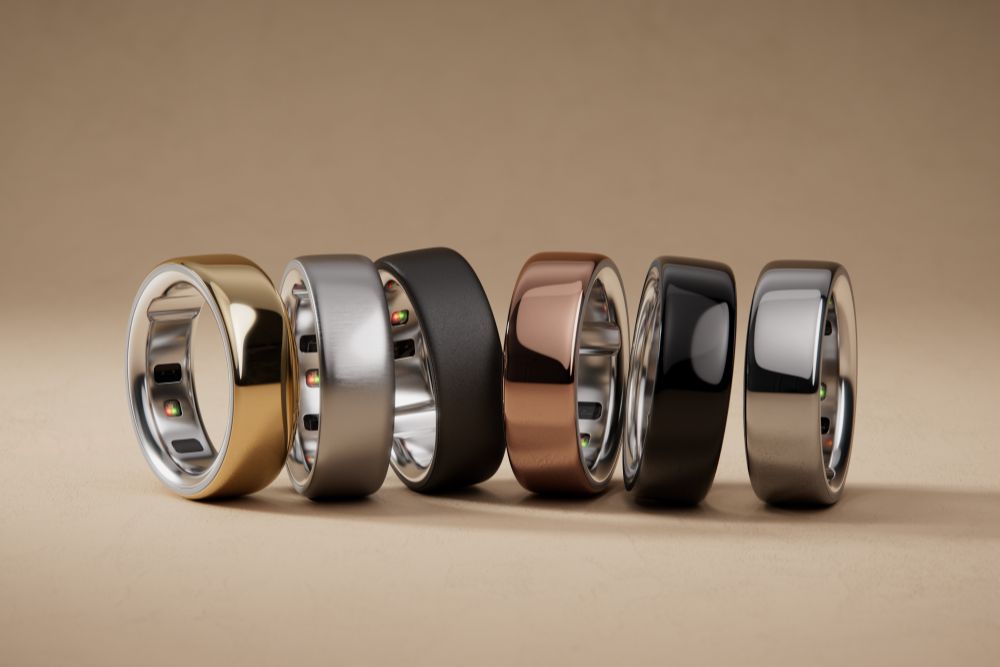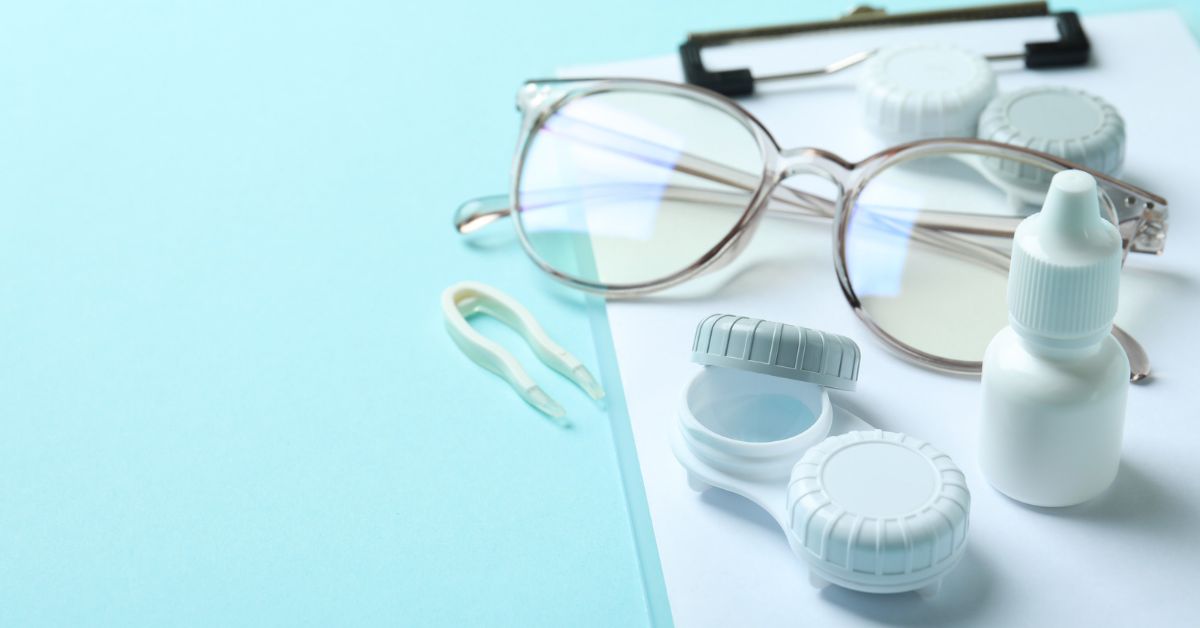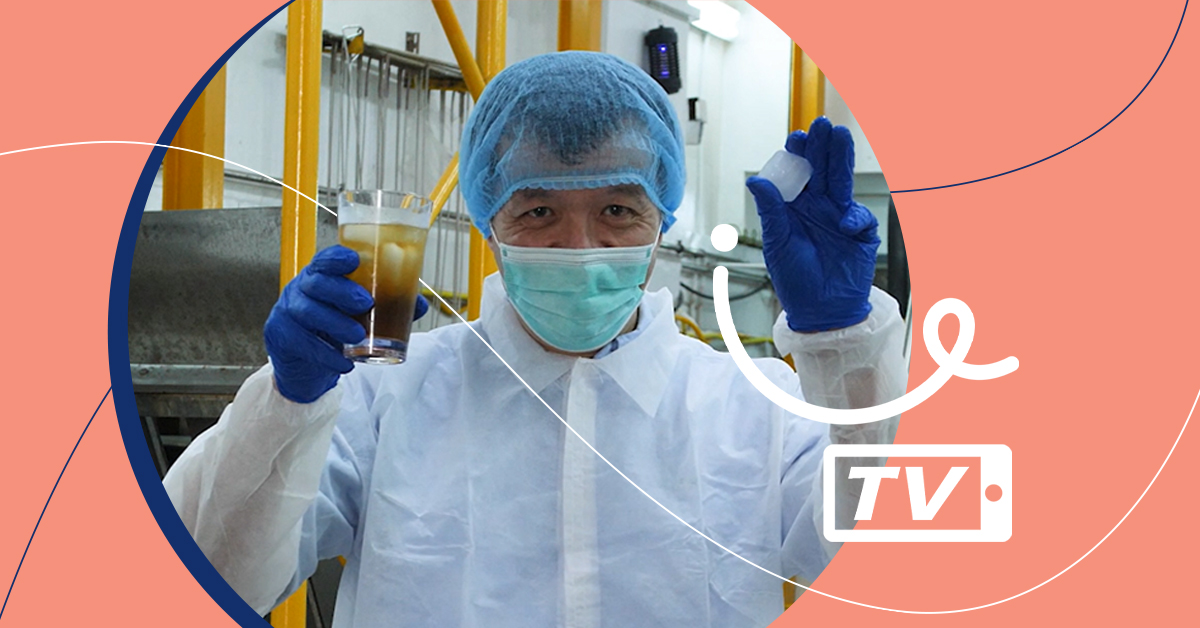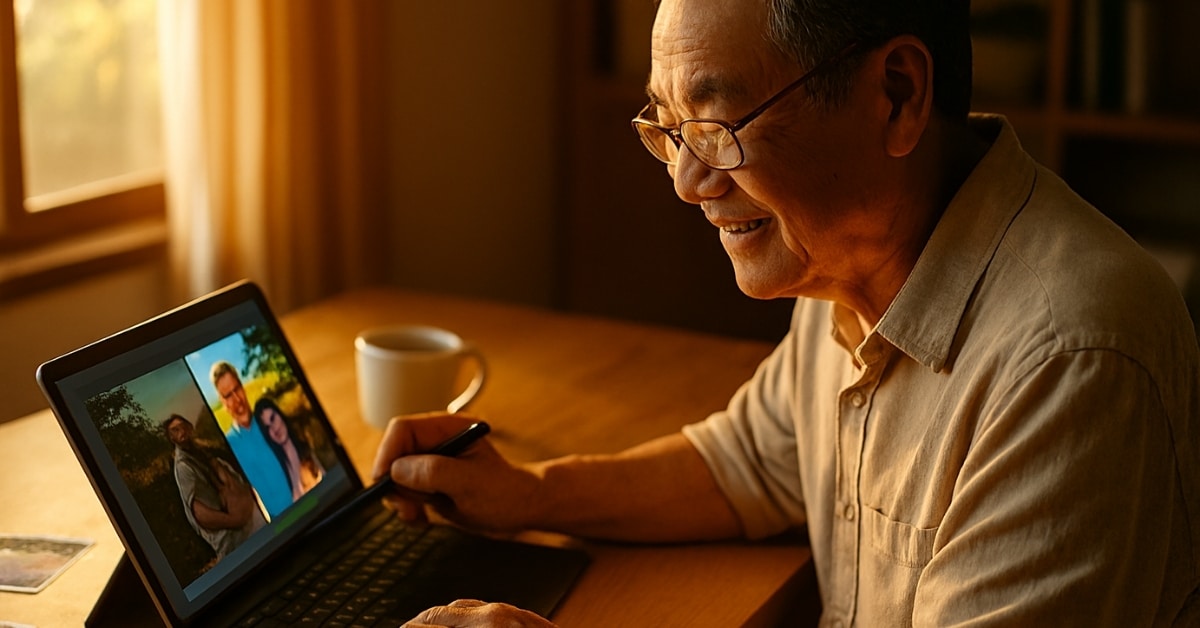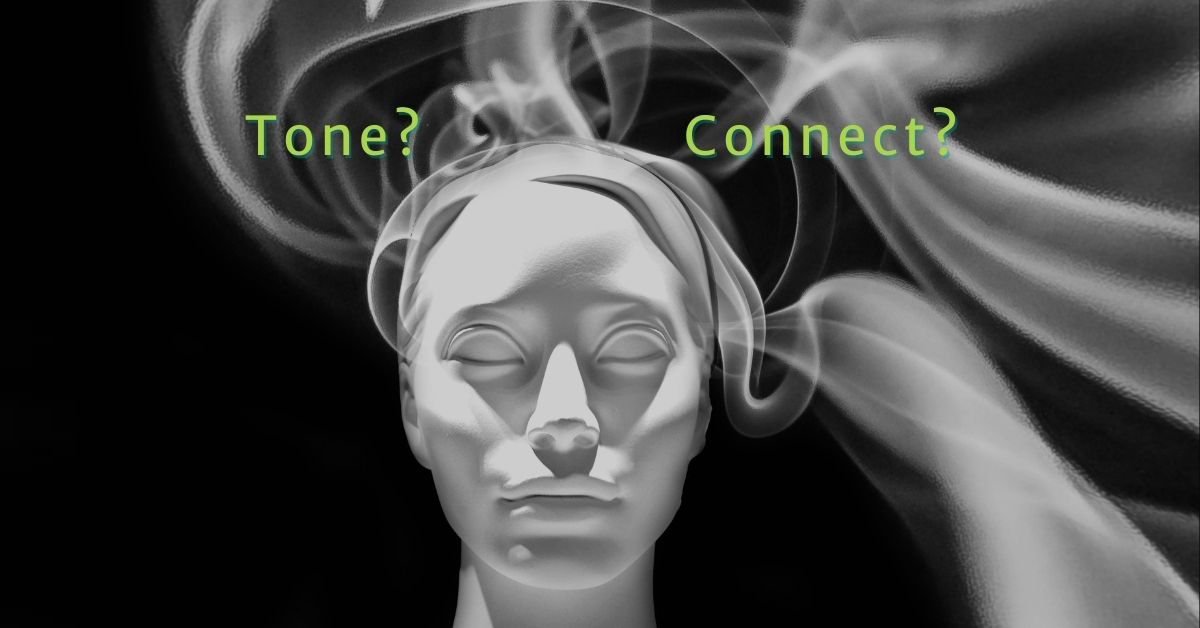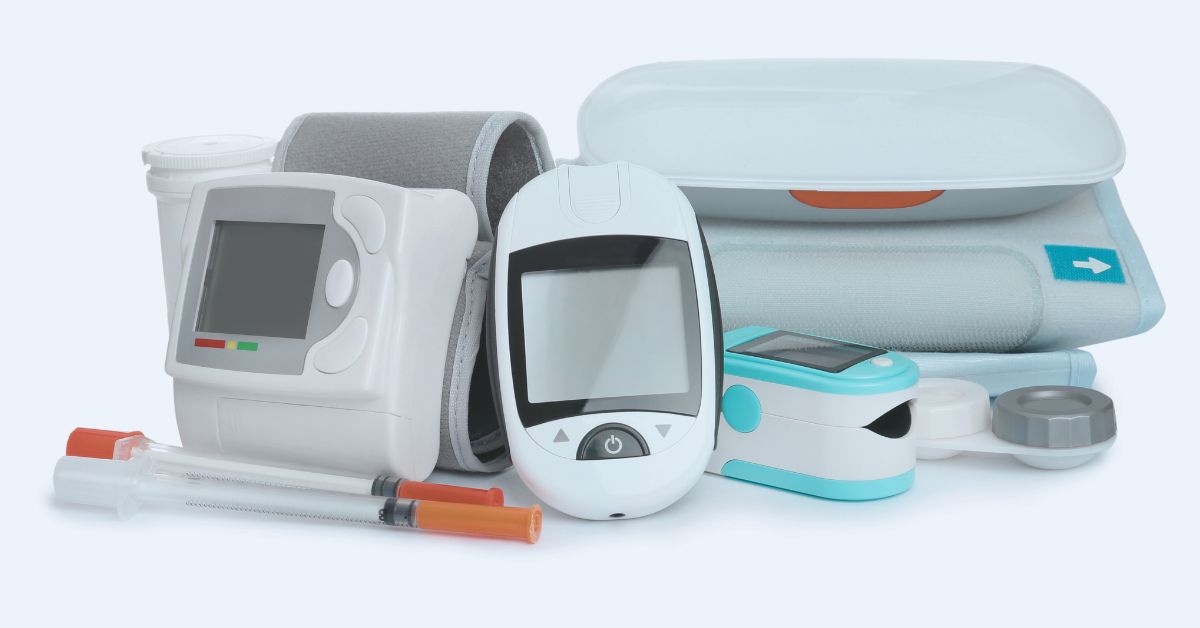
As we age, staying fit and healthy is more important than ever and one way of doing so is by monitoring our health with the help of in-home health monitoring devices.
Regularly checking your health status—and/or for a loved one at home—enables you to detect health issues early and manage chronic diseases better, especially if you have pre-existing health conditions.
According to a 2019 local health study, the number of elderly Singaporeans (aged 60 and above) with three or more chronic diseases doubled between 2009 and 2017, with the top five chronic health conditions being high blood pressure; high blood cholesterol; cataracts; joint pain, arthritis, rheumatism or nerve pain; and diabetes.
Hence, to live life fuller for longer, here are five health monitoring devices every senior should own, be they basic function devices or the latest smart gadgets:
Advertisement
Thermometer
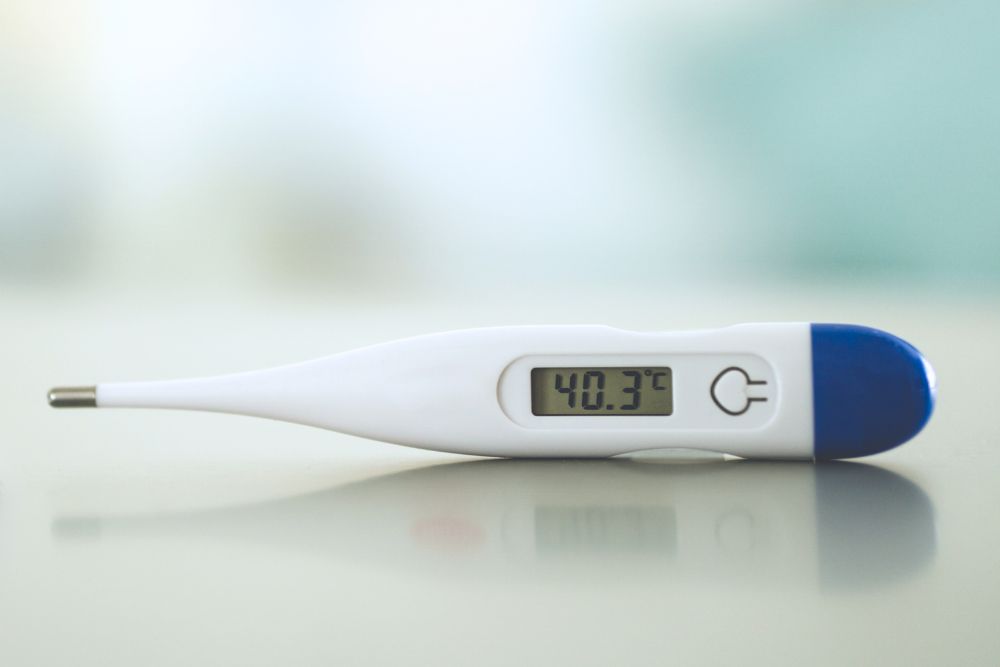
If you are feeling hot and bothered, knowing whether you have a fever is vital as it could indicate whether you are experiencing a viral infection (eg. flu, cold, COVID-19), bacterial infection (eg. strep throat, whooping cough), inflammatory disorders, or other medical problems.
A fever in adults is a body temperature of 38°C or higher, and it can be measured by an oral digital thermometer (oral, underarm, rectal) or an infrared thermometer (ear and forehead).
Budget: For a single user, the Guardian Digital Thermometer (S$6.45) is functional enough as it has an easy-to-read digital display screen, “beeps” when reading is done, and provides last memory recall.
For family use, the latest smart thermometers—both digital and infrared—offer non-contact measurements (suitable for infants and young children), have large backlit LCD displays, and can store up to 25 temperature readings.
Premium: These include the OMRON Forehead Thermo MC-720 (S$149) and the Novoplus Novotemp TH50Z Multi-Function Infrared Ear/Forehead Thermometer (S$129).
Weighing Scale
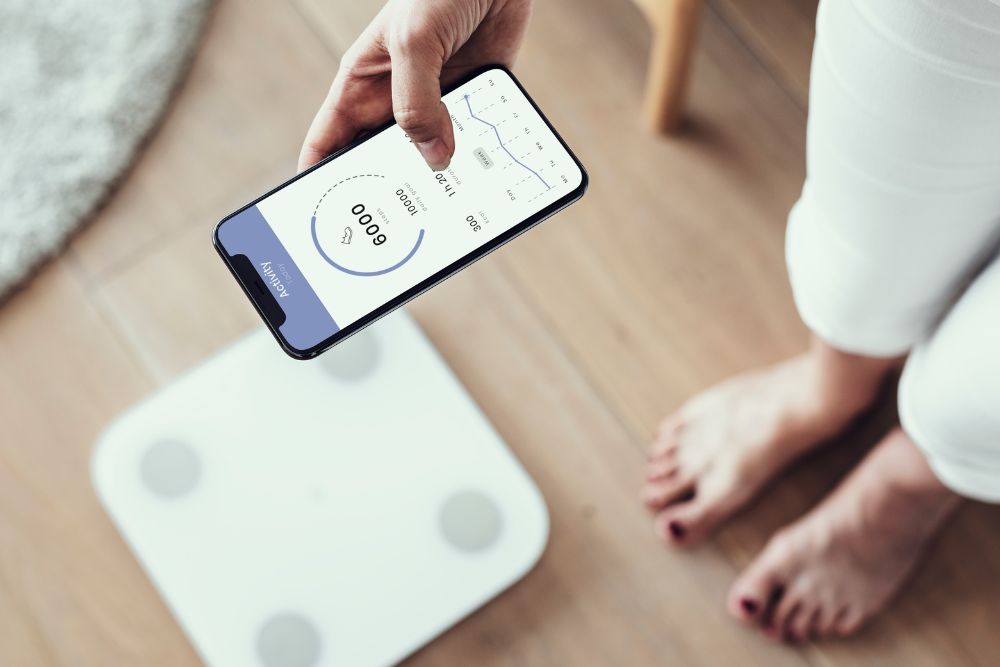
Losing or gaining much weight in a short time could be an indication of poor health or an underlying health condition that requires medical treatment. Issues include heart failure, thyroid problems and depression.
Budget: For something straightforward, a standard USB weighing scale with large LCD display costs just S$6.95 on Shopee.
Today’s smart scales have more bells and whistles – they not only track your body weight but also measure your body mass index (BMI), muscle mass and body fat.
Mid-range: Some like the Xiaomi Mi Smart Scale 2 (S$19.50) are also equipped to test body balance ability, suggest meal options according to your body composition, and record health data for up to 16 users.
Via the device’s app, you can then assess your health status and make fitness and/or dietary adjustments if necessary.
Premium: Other smart scales on the higher end include the OTO W-Scale (WS-010) ($268), which boosts accurate body composition readings and analysis.
Blood Pressure Monitor
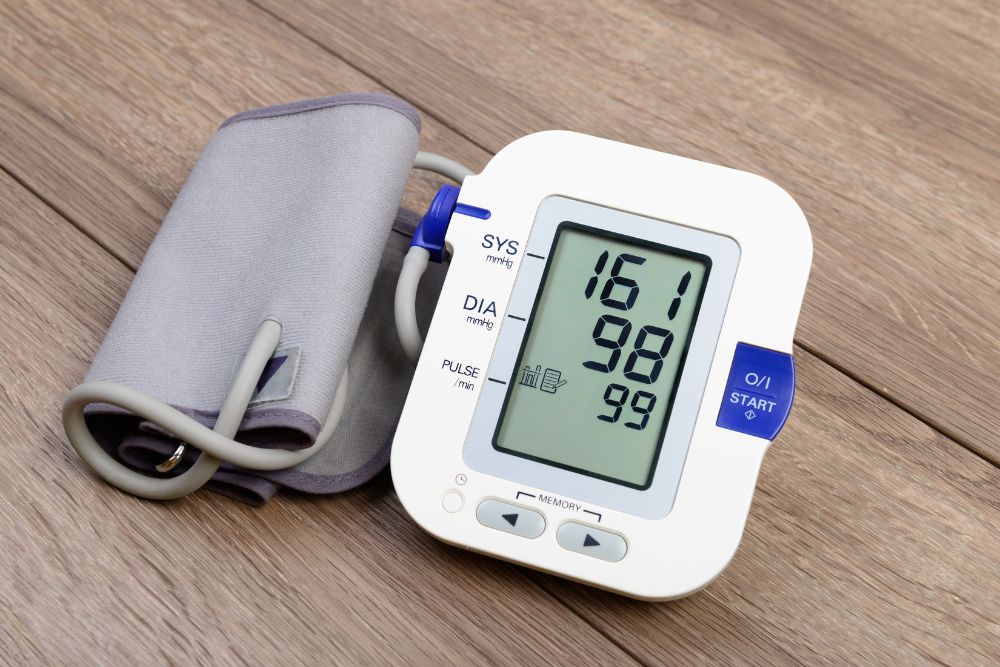
If you are easily stressed or have high/low blood pressure issues or certain health problems (eg. heart or kidney disease), it is advisable to have a blood pressure monitor at home.
Doing your own regular blood pressure checks may lead to early alerts to cardiovascular problems such as heart attack, stroke and hypertension.
In Singapore, cardiovascular disease (heart disease and stroke) accounted for 30.9% of all deaths in 2023. A good BPM should have high readings storage as tracking is often not one-off but done over a few days or weeks.
If you have large upper arms, ensure the device has adjustable or wide-range wrap cuffs. The device’s size and weight are also important if you travel often.
Using a digital blood pressure monitor is often recommended as an aneroid version (which requires a pump, stethoscope and gauge) can be quite complex to use.
Budget: At just 440g, the Easy@Home Blood Pressure Monitor (S$55.88 from iHerb) is light and travel-friendly.
Premium: For two-user households, the Omron Automatic Blood Pressure Monitor HEM-7155T (S$209) has Dual User x 60 measurements feature, blood pressure management function, and Bluetooth connectivity.
Fitness Tracker (Put a Ring On it)
To keep fit and healthy, having a fitness tracker is a great way to achieve exercise goals. A good fitness tracker should monitor not just your daily step count, but also heart rate, blood oxygen level and sleep patterns.
Budget: The Health Promotion Board offers free fitness trackers to all Singaporeans and Permanent Residents above the age of 17.
Many trackers, from the free HPB ones to the Apple/Samsung smartwatches are also synced seamlessly to apps that record your health and fitness goals, provide exercise options, and offer reward points for retail voucher redemption. Examples include Tempo 5C’s Healthy 365 app and Apple Watch’s LumiHealth.
Right now, ring-shaped fitness trackers are all the rage.
Besides tracking activity, wellness and sleep, these smart rings are thinner, more discreet, waterproof, and available in various sizes and metallic colours.
They are also better suited to provide more accurate heart rate readings and have a longer battery life than smartwatches.
Premium: Widely regarded as the most effective is the Oura Ring 4 (from US$349) especially for sleep pattern and stress level tracking. Its main downside is the US$5.99 per month subscription required to unlock personal insights such as in-depth sleep analysis.
Other well-reviewed smart rings include the Ultrahuman Ring AIR (US$349) and the RingConn Smart Ring (US$299).
Compatible with most Android phones, the Samsung Galaxy Ring (S$399.99) has additional features including daily sleep score, snoring analysis, and even a menstrual cycle prediction feature.
Mid-range: Meanwhile, the gemstone-set Rollme R5 (US$169.99) stands out not only for its low price but also for being the most blingest of all the health rings out there!
Memory Foam Pillow
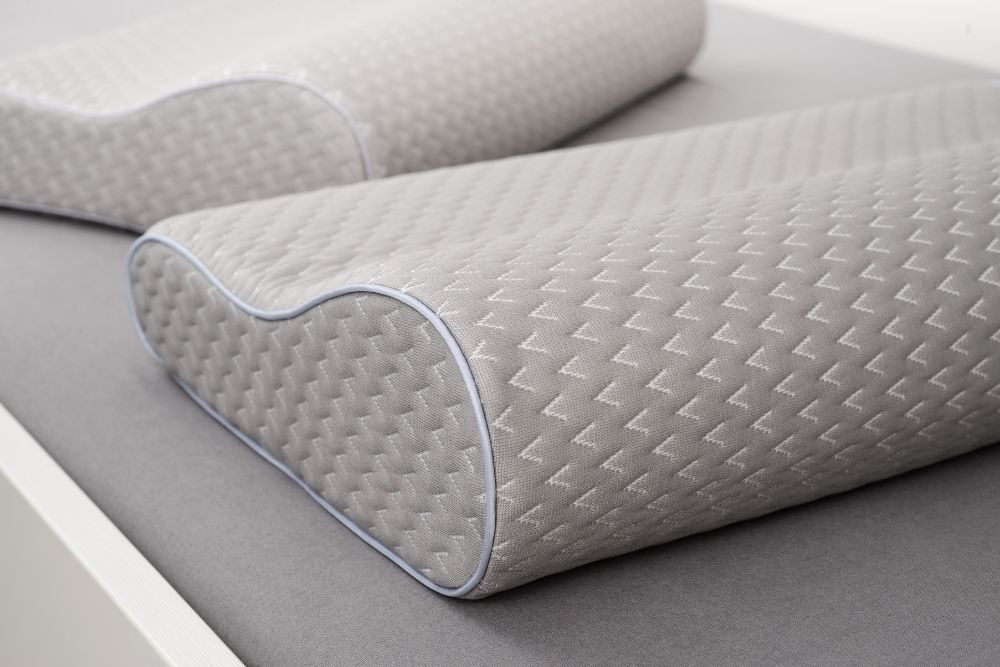
Granted a pillow is not exactly a health monitoring device but a good pillow would help you to sleep better contributing to good health, and hi-tech smart pillows these days do actually have sleeping monitoring features that help you manage sleep health.
The idea that seniors require less sleep is a myth—we require as much sleep (7-9 hours) as all adults and having good sound sleep helps you to feel refreshed every day.
In Singapore, insomnia is the most common sleep problem in adults aged 60 and above. If left untreated, it can lead to health problems such as heart disease, hypertension and depression.
A pillow with good neck and shoulder support can make you sleep better. Memory foam pillows are often recommended as they mould to the shape of the head and neck providing support and relieving pressure at those areas.
For seniors, keeping our spine aligned is also important and an effective ergonomic cervical pillow keeps the spine’s natural curve that will help prevent stiffness.
Premium: For those who need extra help, today’s smart pillows are not only made with high-density memory foam, a few such as the NeuroCodeSG SMART Pillow ($688) have built-in speaker systems with music designed to assist users to get into deep sleep.
Other smart pillow functions include built-in sleep tracking functions, cooling covers and warm compresses.
There are also Anti-Snore Pillows from Dentons (A$$159.95) and Nitetronic Z6 Smart Anti-Snore Pillow (US$699) that are designed to adjust your head position to reduce snoring.
All products mentioned above are available online. Different retailers offer discounts and special promotions frequently, so listed prices may differ.
Note to Note:
Monitoring your own health at home is a good form of preventive care, but you are still advised to go for a full body check-up with complete health screening annually if you are a senior.
For Healthier SG (HSG)-enrolled Singapore citizens, nationally-recommended screening under Screen for Life will be fully subsidised at your enrolled HSG clinic.
To check if you are eligible for subsidised screening, click here.

